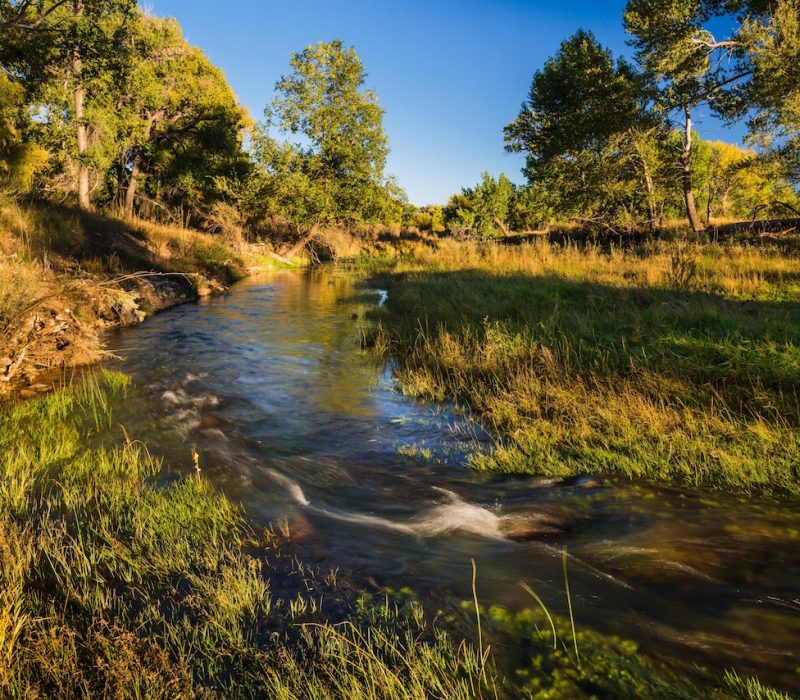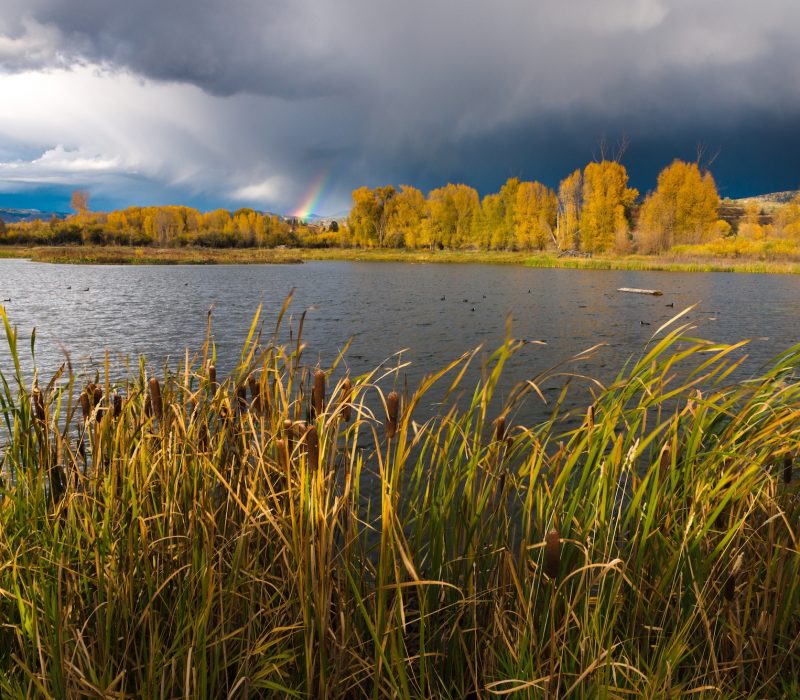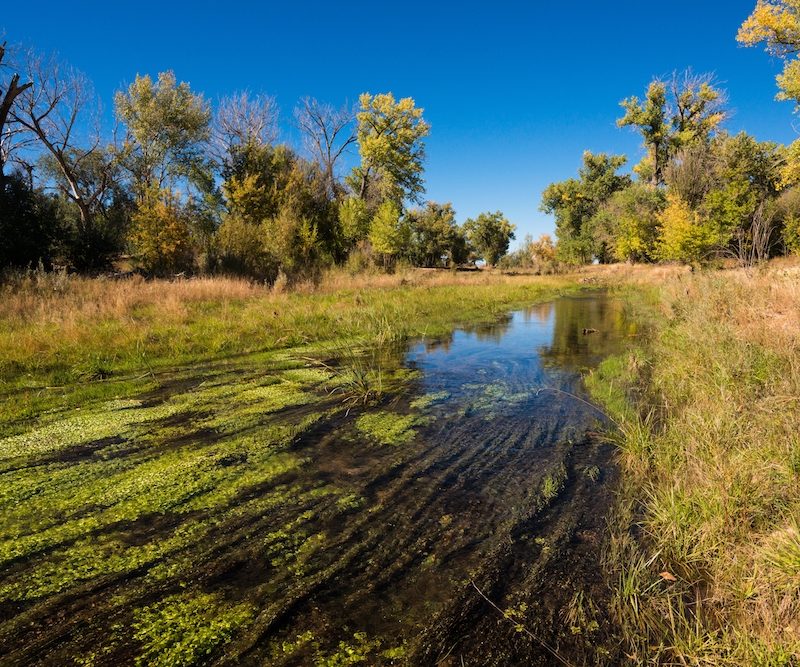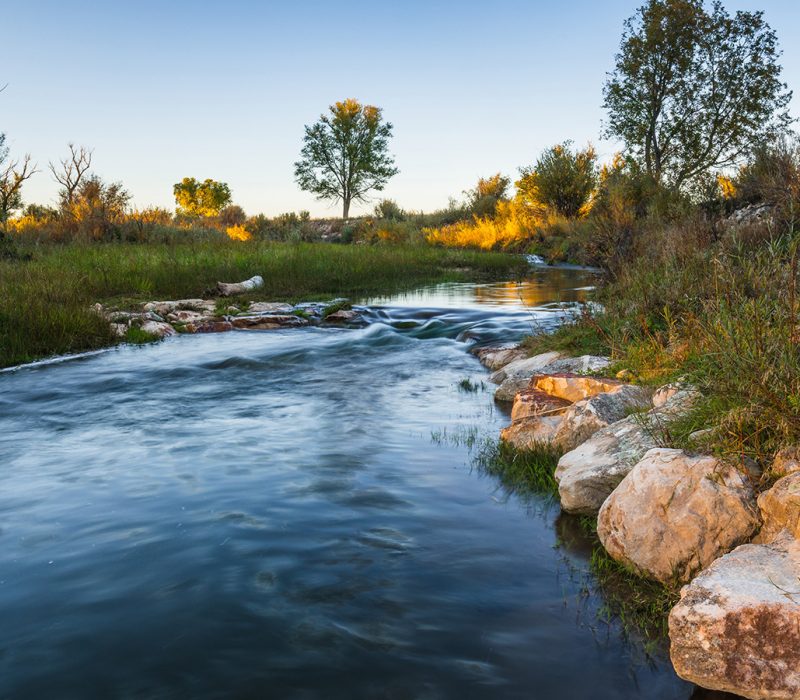Ben Guillon
Ben is the founder and CEO of Conservation Investment Management (CIM). He one of the foremost experts in conservation investment and conservation finance in the U.S. Prior to founding CIM, Ben was a shareholder at WRA, Inc, an environmental consultant and project developer. Ben worked at New Forests, a sustainable timberland investment group, and at the World Bank. Ben has a doctorate degree in veterinary medicine focused on wildlife and holds the Chartered Financial Analyst designation.
Conservation Finance Series – Final Thoughts
Conservation Finance Series—Part Eight of Eight By Jane Rice, WRA, Inc. and Ben Guillon, Conservation Investment Management This post concludes our conservation finance series, which has provided an overview of various ways
Water Rights for Restoration
If you own water rights and are interested in selling or leasing them to restore stream flows and habitat, this article will help you navigate potential opportunities. The article includes
Payments for Watershed Services
Conservation Finance Series—Part Six of Eight By Jane Rice and Ben Guillon, WRA, Inc., with guest contributor Jeff Corbin of Restoration Systems, LLC. Payments for watershed services totaled $24.7 billion globally in
Carbon Crediting
Conservation Finance Series—Part Five of Eight By Jane Rice and Ben Guillon, WRA, Inc., in collaboration with Josh Strauss and Ben Parkhurst, Bluesource LLC. This blog post is focused on land-based carbon
Conservation Easements
Conservation Finance Series—Part Four of Eight By Jane Rice and Ben Guillon, WRA, Inc., in collaboration with Erik Glenn, Executive Director of Colorado Cattlemen’s Agricultural Land Trust. How do conservation easements work? A
Species Conservation Banking and Habitat Exchanges
Conservation Finance Series—Part Three of Eight How does species conservation banking work? The Federal Endangered Species Act (ESA), as well as some other federal and state regulations, prevents the destruction and harassment
Wetland and Stream Mitigation Banking
Conservation Finance Series—Part Two of Eight How does mitigation banking work? Under the federal Clean Water Act and certain state regulations, streams and wetlands are protected resources and cannot be filled or
Introduction to Conservation Finance
Landowners can be paid for improving soil health, water quality and wildlife diversity while maintaining agricultural and ranching operations on their land.









